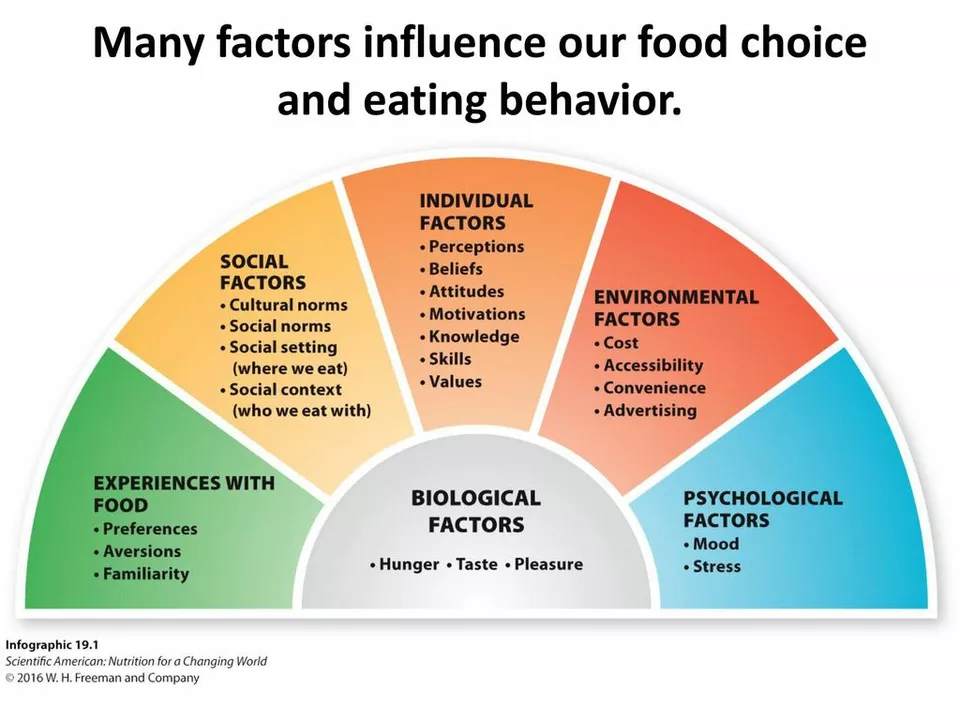ADHD: Practical Help, Meds, and Behavioral Tips
ADHD can feel overwhelming, but small changes and the right support make a big difference. Here you’ll find clear, practical advice on spotting ADHD, talking to a clinician, medication basics, and everyday strategies you can use right away.
First, what to watch for: trouble focusing on tasks, constant fidgeting, acting without thinking, losing things, and messy routines. Kids often show impulsive behavior and trouble at school; adults might struggle with time management, forgetfulness, or restless energy. If these problems are persistent and hurt daily life, it’s worth a proper assessment.
Diagnosis usually starts with your doctor or a specialist. They’ll ask about history, behavior across settings, and may use rating scales or talk with teachers or partners. Accurate diagnosis matters because treatment changes depending on ADHD type and other conditions like anxiety or learning issues.
Quick Medication Facts
Medication helps many people but isn’t the only answer. Stimulants are common and fast-acting. Non-stimulant options like atomoxetine or Strattera can work well, especially if stimulants cause side effects or worsen mood. The site includes a post about aggression in ADHD that looks at medication changes and behavioral steps—useful if a child becomes more irritable after a drug change.
When trying meds, expect a short trial to find dose and type. Watch for sleep trouble, appetite change, or mood shifts and tell your prescriber. Never mix medicines without medical advice. If you buy meds online, follow safe pharmacy tips—use licensed pharmacies and keep prescriptions in order.
Daily Strategies That Help
Practical routines beat willpower. Break tasks into tiny steps, use timers, and set one clear priority each day. For kids, consistent routines, visual schedules, and short focused work blocks help. For adults, calendar reminders, a dedicated workspace, and weekly planning sessions reduce overwhelm.
Behavioral strategies matter as much as meds. Positive reinforcement, clear rules, and immediate feedback shape better habits. If aggression or big behavior problems show up, combine behavior plans with medical review. Therapy, coaching, or parent training programs offer hands-on tools you can practice at home.
Sleep, movement, and diet affect focus. Aim for consistent bedtimes, short daily exercise, and regular meals. Small changes like a morning walk or protein at breakfast can improve attention and mood for some people.
If you’re unsure where to start, pick one small change: set a 10-minute timer to tidy a workspace, try a visual to-do list, or book a talk with your primary doctor. For deeper reading, check our article about aggression in ADHD and medication tips, and other site guides on related meds and safe online pharmacies. Getting help early and using simple routines often leads to steady, real improvement.
Want more practical reads? Our site has guides on medication choices, safe online pharmacies, and parenting strategies. Start with 'Addressing Aggression in ADHD: Medication Changes and Behavioral Strategies' for families, then explore tips on safe medication buying and sleep issues that often overlap. If symptoms are severe, schedule a visit with a psychiatrist or pediatrician.
ADHD and Career Choices: Finding the Right Fit
As someone who has ADHD, I've found that choosing the right career path can be quite challenging. It's essential to identify our unique strengths and weaknesses to find a suitable profession that ensures long-term success. In my experience, jobs that offer variety and the opportunity to be creative work best for individuals with ADHD, as they keep us engaged and motivated. It's also important to consider the level of structure and support provided within the work environment, as we often thrive with clear expectations and guidance. Ultimately, finding the right fit takes time, self-reflection, and patience, but it's well worth the effort to ensure a fulfilling career.





